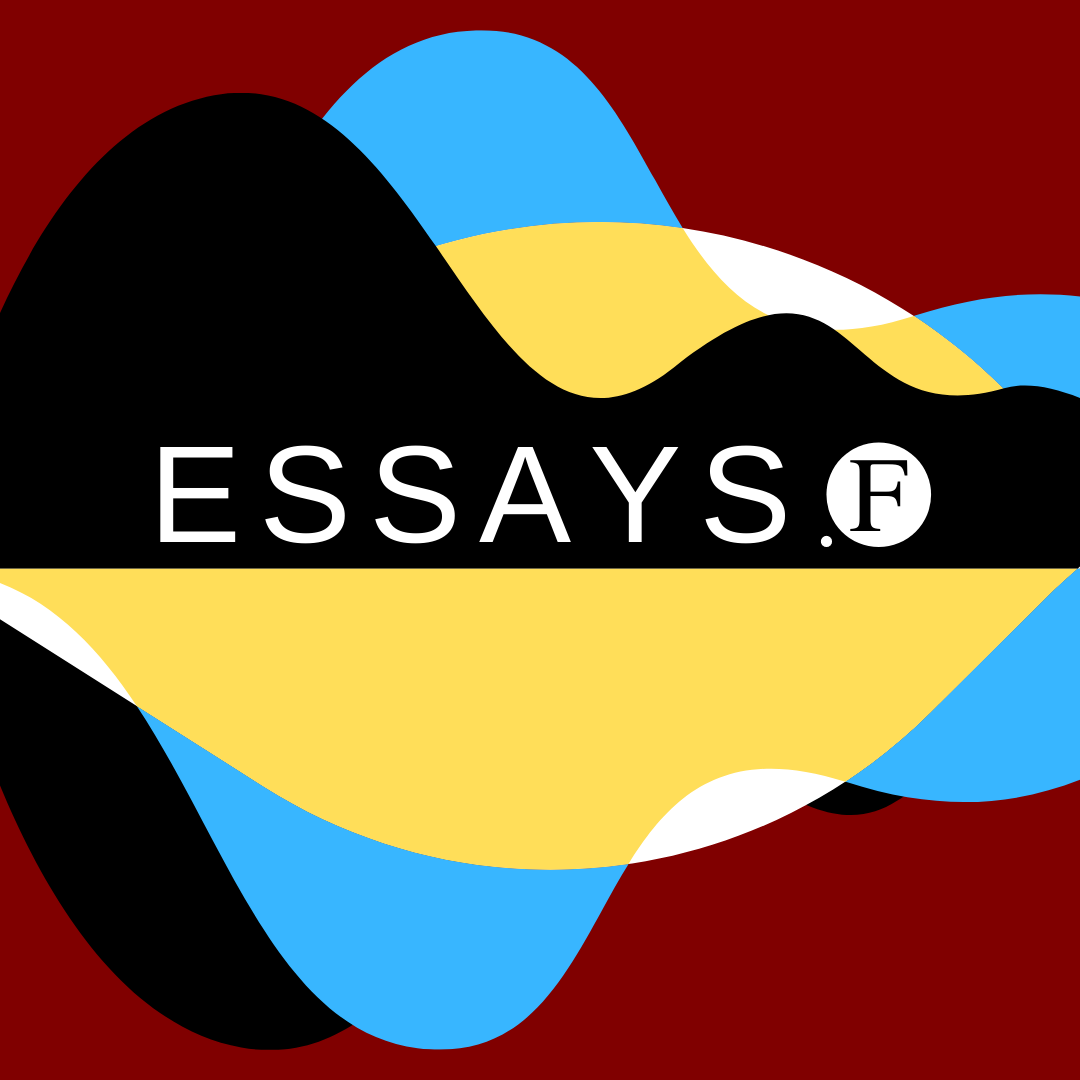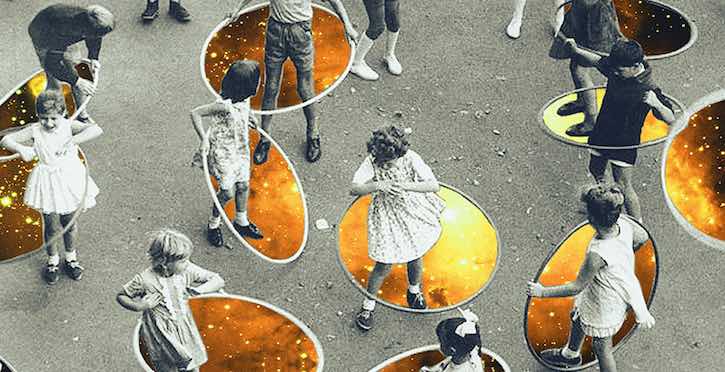The Chain of Love and Duty
Anca Gheaus considers the reasons we owe our children a sustainable world
Many of us care enormously about the long-term survival of humanity in conditions that make possible individual flourishing. This is why climate change and resource depletion are increasingly seen as the major moral and political challenges of the day. It then looks like we have an urgent and weighty obligation of justice to ensure human survival in a good natural (and social) environment.
Yet a persuasive philosophical argument makes it difficult to see why this is a duty of justice, assuming there can be no injustice without wronging some individual. Consider: had I decided to walk, rather than fly, from Romania to Germany in order to meet my son’s father, we would have met many weeks later than we did in fact meet. Most likely, we would have brought into the world a different child from our son. My son, whose very existence depends on my having travelled by plane, cannot complain that my environmentally unfriendly choice has wronged him. He would not have existed absent that choice. This example generalizes: as long as people in the future will have lives worth living, they cannot complain that they have been wronged by our environment-destroying actions. Absent these actions, other people would have been conceived instead of them. Then how can we owe it to future people that we enact environmentally friendly policies and moderate consumption? This is the ‘non-identity problem’.
The non-identity problem may or may not have an adequate solution; but, as I argue in a recent article, it does not affect inter-generational justice as it has been said to: whether or not we owe a world in good condition to future people, we owe such a world to existing people, for whom the non-identity problem does not arise—that is, to the currently existing children. More specifically, we owe them the possibility of bringing into existence a new generation of people under particular circumstances.
Here is the argument: Each child has a right to adequate life prospects; that much is uncontroversial. Many things are necessary for a good life, and one of them is the possibility to bring up children: When done well, parenting is a significant and irreplaceable source of well-being as well as of duties. Indeed, for a lot of us, loving children and guiding them into maturity is what gives most value and meaning to our lives. This is evidenced, for instance, by many people’s readiness to spend enormous amounts of time, money, and energy in order to be in the position to rear a child. Thus for each child who has the potential, as an adult, to be an adequate parent, adequate life prospects require enough resources to justly raise children. This means that each of today’s children has a right to enough resources to justly raise children, in due course and if they will desire to do so. But to justly raise these prospective children, they—today’s children—will also need to be able to give their children sufficient resources to make it possible for them to engage in just parenting, if they find that they want to. This argument continues ad infinitum because the claim that adequate life prospects includes the resources necessary for just childrearing is recurrent—it can be reiterated for any number of future generations. And this means that each of today’s children who has the potential to become an adequate parent has a right to enough resources to provide an indefinite number of successors with enough resources to justly raise children.
This can be made more intuitive. Assume that, foreseeably and avoidably, you left behind a world so impoverished or dangerous that your own child was not in a position to parent justly, because she couldn’t be sufficiently confident that her own child would have an adequate life. You would obviously wrong your child: even if her life would otherwise go well, you would deprive her of the opportunity to bring up a child, an opportunity that you are enjoying—and this is unjust. Now assume that you were to leave behind (again, avoidably) a world that will become too impoverished or dangerous for childrearing only a generation later. In this case, your own child could go ahead and rear children herself, but only in the knowledge that her own children would not have an opportunity to engage in permissible parenting. You effectively impose on your child a choice between bringing up children who would be deprived of the opportunity to parent—an opportunity that you, and your child, enjoy—or else to forego parenting entirely. This is a tragic choice, and it is unjust to impose it on your child if you can avoid doing it at reasonable cost to yourself.
It is getting harder to follow, but bear with me for one more reiteration: Assume you were to leave behind, avoidably, a world that will become too impoverished or dangerous for childrearing yet another generation later. Your own child’s child (your grandchild, that is) will be in position to parent, but her own child will not. Again, you are doing an injustice to your own child. Her predicament now is either to forego parenting or to go ahead and have a child who will have to impose the tragic choice described above on her own child. More generally, if we collectively and knowingly pass on to our children a world with an expiry date on it, we know that somewhere down the line some people will face the tragic choice; and our children’s only possibility to stop perpetuating this choice is to forego parenting themselves. Possibly, the world—or, at least, the world fit for human existence—has an expiry date anyway. But if its eventual demise is independent of choices, and hence lies outside our responsibility, it means that it is not us who generate the tragic choice.
If this is right, then it is possible that intergenerational justice is a very stringent issue due to generational overlap and to the value of childrearing. Imagine there was no overlap between generations, no children and childrearing: new generations of adults suddenly came into existence the moment the old ones ceased to exist, and, as in our world, their identities depended on environmentally affecting decisions of the previous generation. Perhaps in this imaginary world no duty of justice would be violated if one particular generation over-polluted and over-consumed, thus leaving a significantly impoverished environment for the next generation. And if, in our imagined world, a generation used up all of the world’s resources, thus bringing about the end of human life, this generation would not fail to live up to any obligation of justice. But our world is not like this; we start life as children, go on to have the privilege and responsibility to bring up children, and this makes our world richer in value and morally more fragile than a childless world would be.
Image credit: Christoph Habel, ‘Balance‘
The Source Code
This essay is based on the article ‘The Right to Parent and Duties Concerning Future Generations’ by Anca Gheaus, published in the Journal of Political Philosophy.






